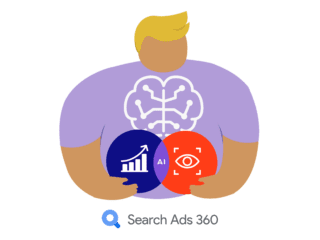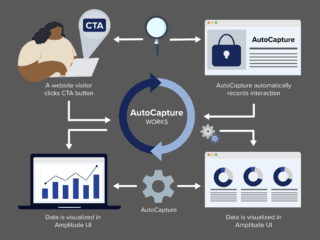Do you feel like this is what your next job ad needs to say? You’re not alone.
According to IBM, there will be 4.4 million jobs worldwide in big data support by the end of 2015 and who knows where those highly skilled workers will come from?
Well, at least some of them will be coming from academic institutions that have partnered with IBM to deliver much-needed coursework on big data-related subjects.
So far, IBM says it has over 1,000 such partnerships with universities all over the country and recently announced that as part of its Academic Initiative, IBM is launching new curricula focusing on Big Data and analytics with Georgetown University, George Washington University, Rensselaer Polytechnic Institute and the University of Missouri, as well as a new addition to IBM’s partnership with Northwestern University.
It is great to have more data experts feeding into the pipeline but what does that really mean for marketers? After all, CMOs are looking for a very special type of data scientist — one who can work with teams who traditionally have relied on the sometimes-intangible skills of creativity and salesmanship and one who can bring strategic inquiry to the task of learning from data.
If we take a closer look at IBM’s philosophy on this point, we have a lot to sigh in relief about.
“Leaders in business, education and government must take action to foster a new generation of talent with the technical expertise and unique ideas to make the most of this tsunami of Big Data,” said Richard Rodts, Manager of IBM’s Global Academic Programs in their press release announcement and the infographic they included in their materials tickles the marketer’s mind.

Chief among the listed “Big Data Skills” are communication and reasoning. And they call out the crucial skills of engaging with customers, personalizing services and evaluating sentiment.
These characteristics really hold up to the high-minded musings of thought-leaders in this space who believe that technical expertise in manipulating data sets is but a tiny aspect of what it takes to be an effective visualizer of truly awesome business questions.
Josh Sullivan, VP of the Strategic Innovation Group at management consulting and technology advisory firm Booz Allen Hamilton, recently told InformationWeek that as employers cast their nets for great data analysis talent, they should look to physicists, music majors and experts in other unorthodox disciplines for fresh, creative and diverse perspectives.
“Most companies only think to hire computer scientists because they think big data is a technology problem; but it’s not,” Sullivan told InformationWeek in an interview. “The first thing I ask people is, ‘what question are you going to ask of your data,’ not ‘how are you going to code it.’ To think about the question, you need people who can be creative and who are curious.”
So now you know who’s training your future hires and that your main concern at the interview stage should be about applicants’ vision and creativity. Now onto what you want to see on their resume.
Doug Laney, Gartner’s VP of Research, Business Analytics and Performance Management, spent some time imagining a Gartner Big Data University (“BDU: Home of the Fighting Petabytes) and the courses its students could expect to master.
Some proposed course offerings are worth a giggle (“Big Data Hype 101, Professor Nick Huedecker”) but overall, you could do worse than be in the enviable position of seeing this list of competencies on your next data/marketing scientist’s credentials.
Read “Back to School: Gartner’s Big Data Syllabus for 2013-14” here.

















